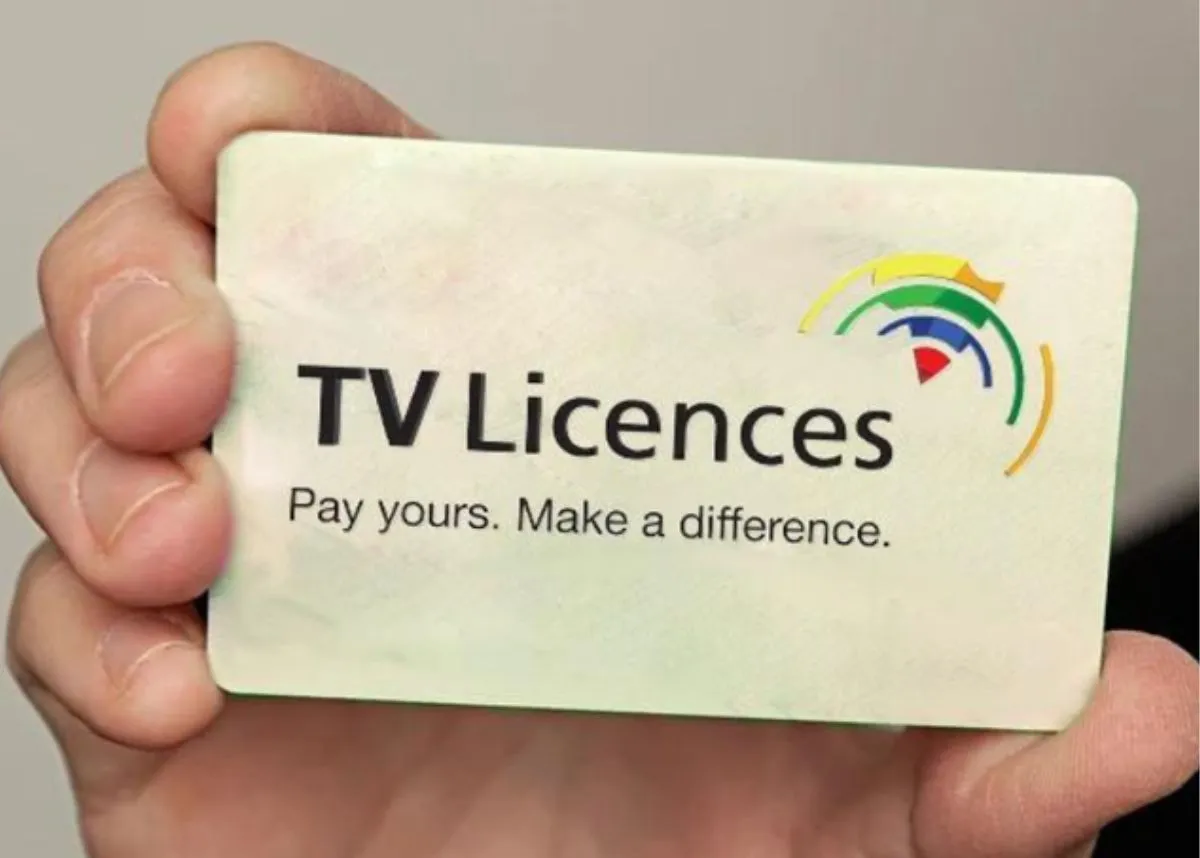
AfriForum suggests scrapping TV licenses and privatising the SABC
AfriForum argues that TV licenses are an outdated and ineffective method of funding the SABC, advocating for their removal.

The lobby group AfriForum has put forward a proposal to privatise the South African Broadcasting Corporation (SABC) and eliminate TV licenses.
Most South Africans don’t pay for their TV licences, adversely affecting the public broadcaster’s finances.
WHY DOES AFRIFORUM WANT SABC TV LICENCES TO BE SCRAPPED?
On Friday, 20 September, the lobby group presented its oral submission in Parliament regarding the South African Broadcasting Corporation SOC LTD Bill [B32-2023], which the portfolio committee on Communications and Digital Technology opened for public comment earlier this year.
AfriForum says cancelling TV licences and privatising the SABC are the most sensible solutions to the public broadcaster’s long-standing and ongoing struggle with funding, corruption, mismanagement and wasted expenditure.
The lobby group said its primary solution is to privatise this state institution. However, if the government rejects decentralising state power, the alternative is to abolish TV licences.
“Either way, the current dysfunctional status quo cannot continue. Earlier this year, AfriForum submitted written comments to the Communication and Digital Technology portfolio committee regarding this bill, which pushed for the exact solutions.”
In its written submission, AfriForum argued that privatisation would lead the SABC to better efficiency, higher-quality programs, and financial stability. Privatisation will also help fight corruption and mismanagement.
Regarding the disposal of TV licences, AfriForum cited the sky-high rates of evasion and non-compliance and the unjustifiable additional financial burden it places on poor households. It also tabled possible alternative sources of financing.
AfriForum’s Ernst van Zyl said the South African government has had enough time to reverse the deterioration and sad state of affairs at the SABC. It is time for an alternative – an approach that is not state-centred.
“TV licences are an inefficient, outdated source of funding for the SABC. In 2023, the evasion rate of licence payments stood at a sky-high 87%. TV licences must, therefore, be done away with and replaced with an alternative financing model that works. In the case of a privatised SABC, TV licences will also naturally belong to the past,” Van Zyl said.
Speaking at a post-ANC policy conference in March 2022, then Communications and Digital Technologies minister Khumbudzo Ntshavheni said the party was in favour of a broadcasting household levy as the TV licence scheme was not working.
“The TV licence arrangement is not working, it is actually affecting the SABC’s ability to survive,” she said.
FORMER COO LOSES BID TO OVERTURN RULING
Meanwhile, the Constitutional Court has dismissed former SABC chief operating officer Hlaudi Motsoeneng‘s application to appeal an earlier ruling ordering him to pay back R11.5 million.
Motsoeneng, now a politician and leader of the African Content Movement, sought leave to appeal a decision by the Supreme Court of Appeal regarding the R11.5 million “success fee” he received for his role in securing a MultiChoice deal.
The Gauteng High Court in Johannesburg ruled that Motsoeneng should pay R11.5 million back to the SABC with interest calculated at 15.5% annually. The court found that the decision to pay Motsoeneng R11.5 million was unlawful and invalid.
The interest is calculated from 13 September 2016 to the date of payment. In total, Motsoeneng will have to pay just over R18 million.
